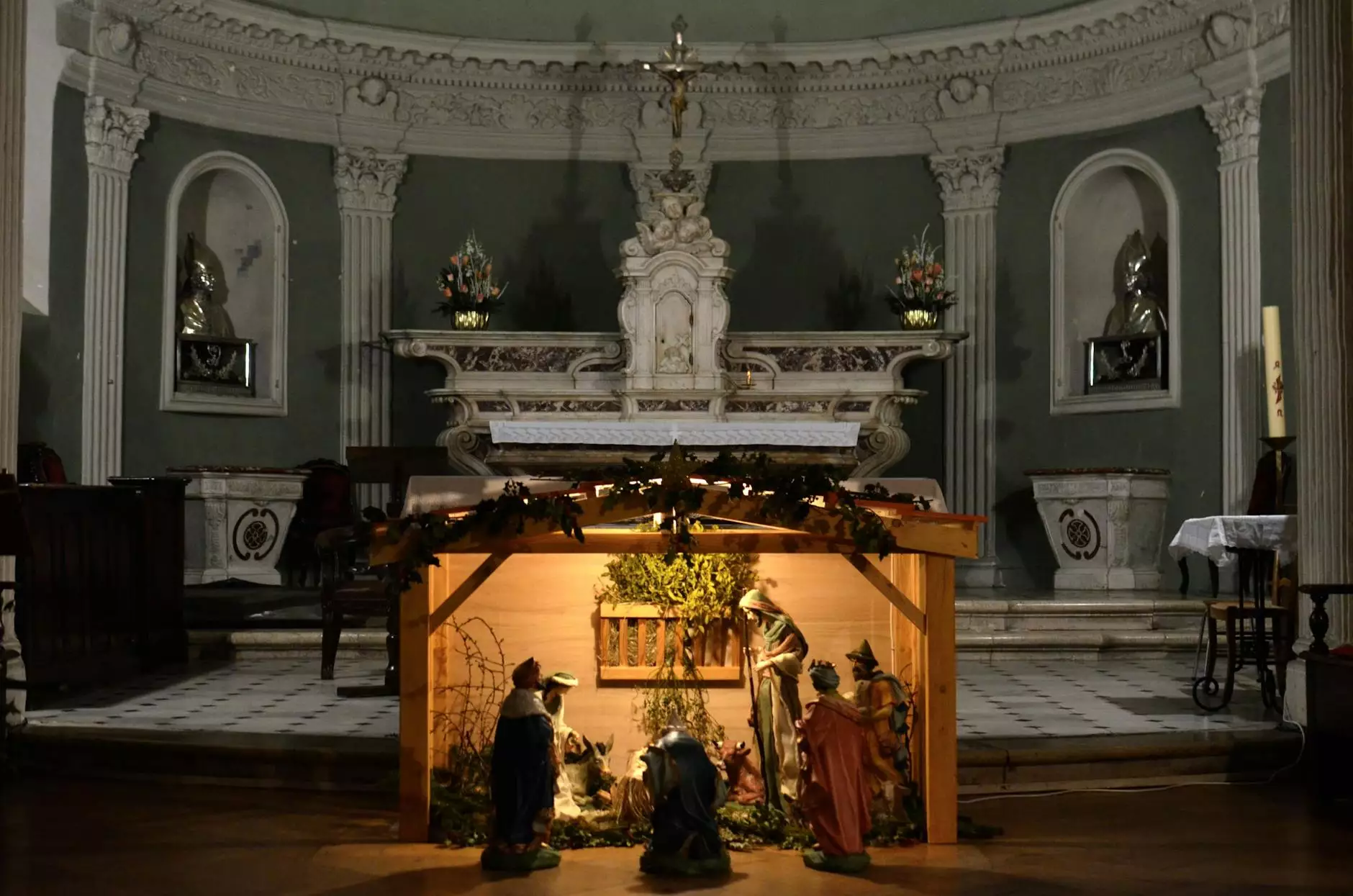Tisha b'Av - A Day of Mourning and Reflection
Events
Introduction
Welcome to Reno Remnant Church's comprehensive guide to Tisha b'Av, one of the most significant holidays in the Jewish faith. This solemn day of mourning and reflection holds great importance for the Jewish community worldwide. In this detailed page, we will dive into the history, customs, and significance of Tisha b'Av, shedding light on its profound meaning.
Understanding Tisha b'Av
Tisha b'Av, also known as the "Ninth of Av," falls on the ninth day of the Hebrew month of Av. It commemorates several tragic events throughout Jewish history, particularly the destruction of the First and Second Temples in Jerusalem. The observance extends beyond the Temple's destruction and encompasses other calamities that have befallen the Jewish people on this fateful day.
The Destruction of the First Temple
During the ancient times, the First Temple, built by King Solomon, was destroyed by the Babylonians in 586 BCE. This devastating event led to the exile of many Jews and marked a turning point in Jewish history.
The Destruction of the Second Temple
In the year 70 CE, the Second Temple, reconstructed after the Babylonian exile, met a similar fate, this time at the hands of the Romans. The loss of the Second Temple had a profound impact on Jewish spiritual, cultural, and political life.
Customs and Observances
Tisha b'Av is a day of solemn observance, during which Jews reflect on the tragedies that have befallen their people. It is marked by a variety of customs and practices that create an atmosphere of mourning and introspection.
Fasting and Abstinence
One of the central aspects of Tisha b'Av is the requirement to fast for a full 24 hours, abstaining from all food and drink. This fast represents a communal act of repentance and serves as a form of self-mortification.
Reading the Book of Lamentations
The Book of Lamentations, also known as Eicha, is read on Tisha b'Av. This poetic account mourns the destruction of the First Temple and expresses the deep sorrow and despair experienced by the Jewish people.
Restrictions and Customs
Aside from fasting and reading Lamentations, additional restrictions are observed on Tisha b'Av. These include refraining from bathing, wearing leather shoes, engaging in marital relations, and participating in any form of joyous activities.
The Significance of Tisha b'Av
Tisha b'Av serves as a powerful reminder of the Jewish people's collective pain and resilience throughout history. It symbolizes the eternal connection to the land of Israel and the hope for restoration and redemption.
Lessons of Destruction and Rebuilding
Through the observance of Tisha b'Av, individuals are reminded of the importance of unity, repentance, and spiritual rebuilding. It allows for personal introspection and offers an opportunity to learn from the mistakes of the past.
Connection to Modern-Day Relevance
While historically rooted in the destruction of the Temples, Tisha b'Av also acknowledges and mourns the countless tragedies that have befallen the Jewish people over the centuries, including the Holocaust and other acts of persecution.
Conclusion
In conclusion, Tisha b'Av remains a significant day for the Jewish community, highlighting the struggles, resilience, and determination to rebuild despite adversity. Reno Remnant Church is proud to provide this comprehensive resource on Tisha b'Av, allowing individuals to gain a deeper understanding of this important holiday and its profound significance in the Jewish faith.




